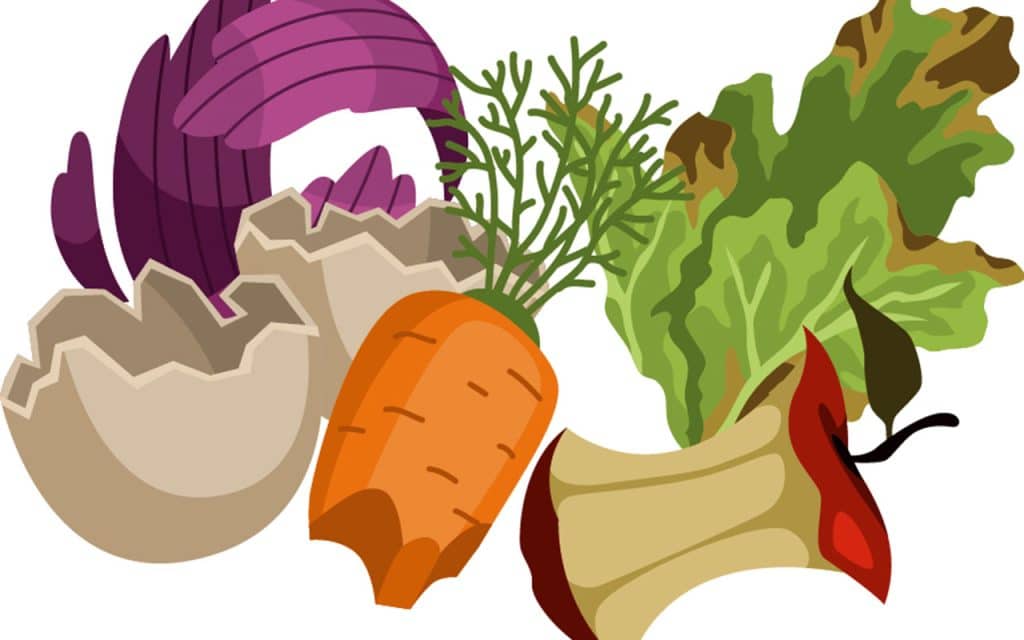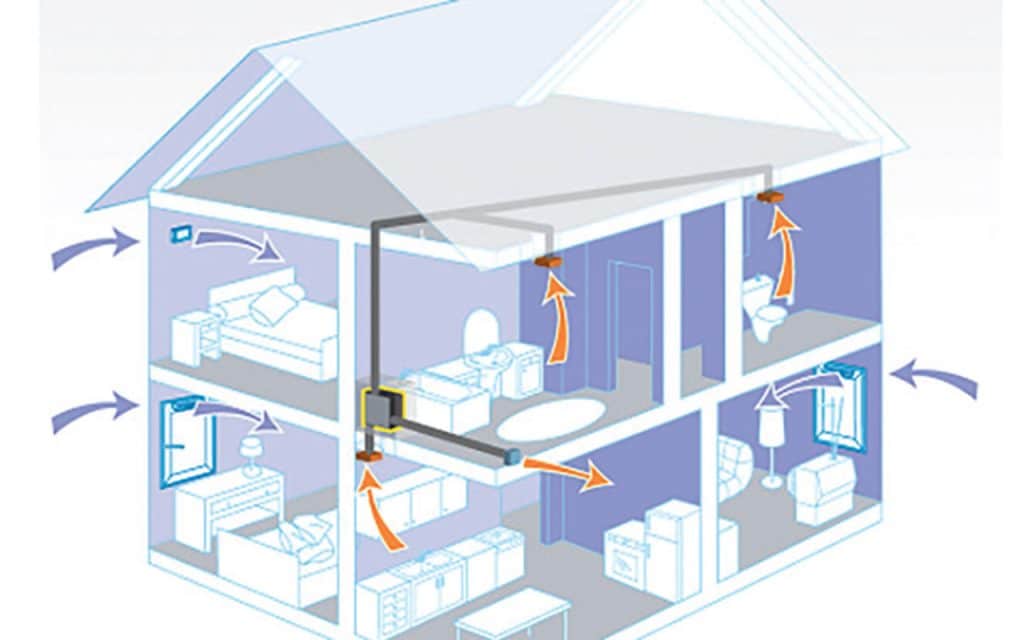
Since January is the month for resolutions and fresh starts, maybe 2025 is the year to start composting in your garden or with your community group! According to the Environmental Protection Agency (EPA), food waste makes up about 30 per cent of the total waste generated in Irish households. The first step towards food waste reduction is always to try to reduce the amount of waste created through observation and behaviour adjustment, and composting follows as a great way to recover the nutrients from any kitchen scraps and garden waste that is left. It’s a win-win – you are saving the waste involved in transport and municipal disposal while creating fertiliser for your plants!
We are fortunate to have Patrick Cotter, a passionate horticulturalist and sustainability lecturer, hosting a series of composting workshops in Clonakilty over this month and next. “Composting is my favourite thing to do in a garden, and probably one of the most life-affirming things to do,” Patrick explains. “I view the compost as being the heart of any garden, and much like we have a heart that pumps blood and life force around our body, compost does the same for the garden. All the scraps from around the garden come into the compost bin and, over time, get processed and sent back out into the garden again.” Patrick’s enthusiasm for composting is palpable, “I think a garden without a compost is bereft – it is missing something, there is a certain kind of alchemy to it all, it produces this ‘black gold’ – real black gold, which is a magical thing! I love messing around with compost, trying to get just the right ratio and I love sharing that with people because I think we underestimate compost. People see it as smelly, and dirty and difficult and I’m trying to change that – by making it more interesting and fascinating for people…Composting is one of those little things that we can maintain and monitor for ourselves – so I think it’s an eminently noble thing to do!”
The first two workshops will be held at Clonakilty allotments, for the Men’s Shed and Women’s Shed groups, on January 16 and 23 respectively, where Patrick will help install two new community compost bins. Following on from these, there will be a public workshop and additional sessions for community groups throughout: If you are interested in attending or hosting a workshop for your group please email allison@voiceireland.org
Composting Top Tips
Type of bin: There are so many different options for composters, from DIY open pallet composters, to enclosed bins, to wormeries, aerobic and anaerobic digesters, the tumbler kind that you need to turn with a handle and more! If you miss out on one of Patrick Cotter’s workshops, there is an entire Irish website dedicated to answering all your questions – visit the resource section on compostingireland.ie.
Balanced ingredients: Another thing to keep in mind is creating the right balance of ‘greens’ (nitrogen-rich materials like fruit and vegetable scraps) and ‘browns’ (carbon-rich materials like dry leaves, straw, and cardboard). The right ratio will depend on what kind of composter you use, aim for a ratio of about 60:40 (brown:green) More ‘brown’ is ok but too much ‘green’ and your compost will become sludgy and smelly.
Aeration and moisture: Depending on how you are composting, you will probably need to turn the mix. The goal here is for oxygen to reach the microbes that we want to survive and thrive in order to digest your scraps – these include everything from good bacteria and fungi to larger bugs like worms, ants and beetles. Additionally, moisture is crucial – your compost should be as damp as a wrung-out sponge, so water it when necessary.
Final thoughts: Avoid adding meat, dairy, or oily foods, as they can attract pests and slow down decomposition. For those living in urban areas, using a compost bin with a lid helps control odours and keeps the process neat. Finally, place your compost bin in a spot that won’t get too hot, or too cold (a shaded corner of the garden is usually best).


